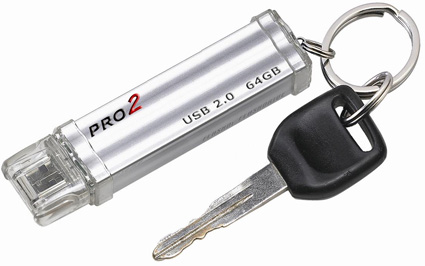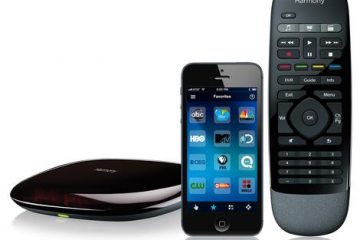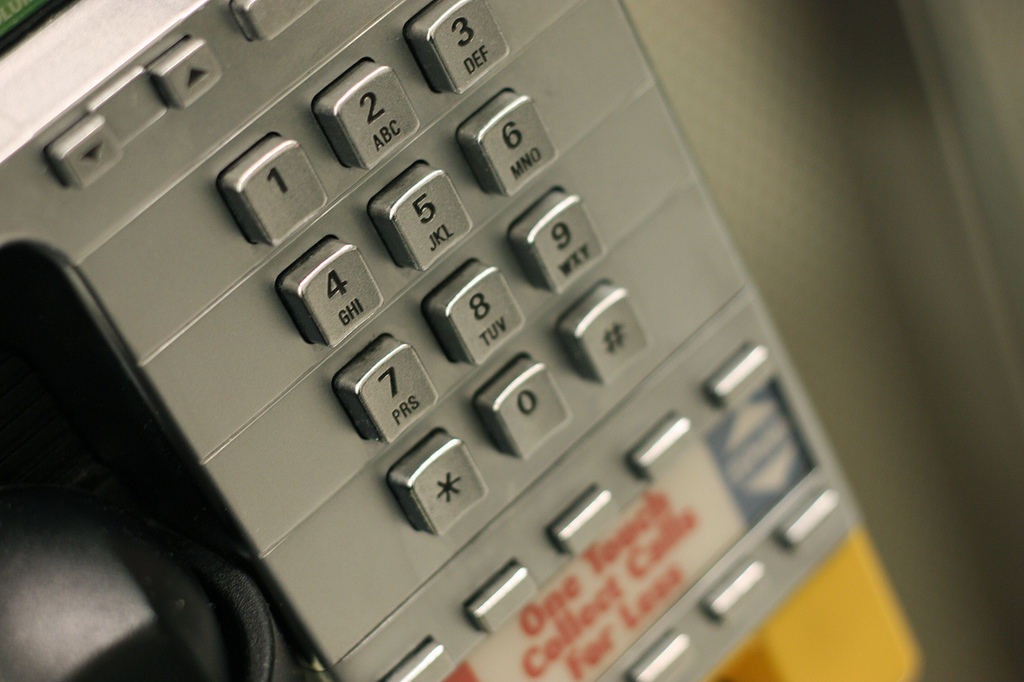The PC is emerging as a cheap fixed-price machine that is tending towards $100 or less. As such, there will be computers everywhere and they will be really cheap to upgrade and replace. While this is certainly going to drive the convergence market (IPTV, PVR, gaming console, etc.), it will make consumers think differently about computers.
So how does this affect operating systems? It should be possible to carry your entire “computer” with you. I’m not talking about a laptop persay, but something more like a bootable flash drive with your operating environment and all of your documents.

If you combine the fact that computer hardware will be inexpensive and readily available with the dramatic increase in flash drive capacity, the personal computer can transform itself into the system you carry with you in your pocket. Imagine if your Windows Vista computer was actually a 1.2TB flash drive that could boot from any Vista capable PC.
“Imagine if your Windows Vista computer was actually a 1.2TB flash drive that could boot from any Vista capable PC.”Unfortunately, many of the operating system vendors are going to have to do some work before their operating system will have this level of capability. While most open source solutions will boot just fine, Microsoft Windows has a sufficiently complex kernel boot strategy that it won’t necessarily work on any specific system.
The prevalence of virtualization technology like VMware, VirtualBox and Microsoft VirtualPC will make this transition a little smoother. When a virtual platform is the primary hardware then your flash drive PC can boot on any machine running your virtual host. “When a virtual platform is the primary hardware then your flash drive PC can boot on any machine running your virtual host.”Right now my primary development workstation is a virtual machine that can easily travel with me between home and work on a portable hard drive. This also makes it exceedingly easy to bring my computer with me on a trip, and since my virtual drive is in 2GB chunks it works on FAT partitions and can be easily archived to DVD.
A remaining obstical for widespread adoption of this model is the lack of virtualization standards. Each virtual machine has a proprietary filesystem format and identifies the virtual machine hardware differently. If this could be standardized then it would be possible for a VM built using VirtualPC to execute from a VirtualBox client. While the vendors are building this kind of support, a standard would obviate the need for such added complexities.
VMware recently announced ESX 3i, which is an embedded version of their ESX operating system. Many new servers from Dell, HP and IBM will be shipping with 3i built-in. This means when the server boots you will then choose one or more virtual machines to run on that server. It’s only a matter of time before this functionality migrates to the desktop PC, and with sufficient flash drive capacity my entire Pocket Workstation can be with me at all times and run on any computer.


